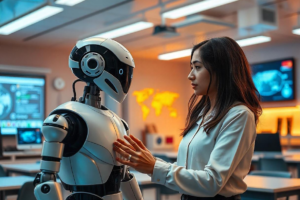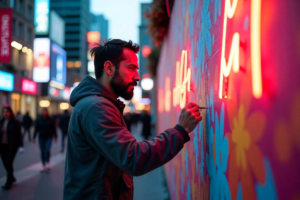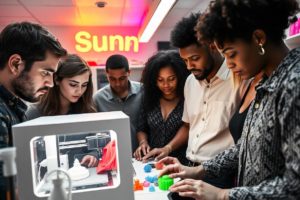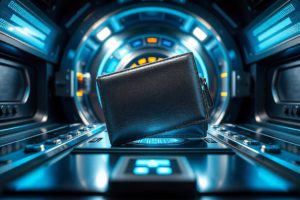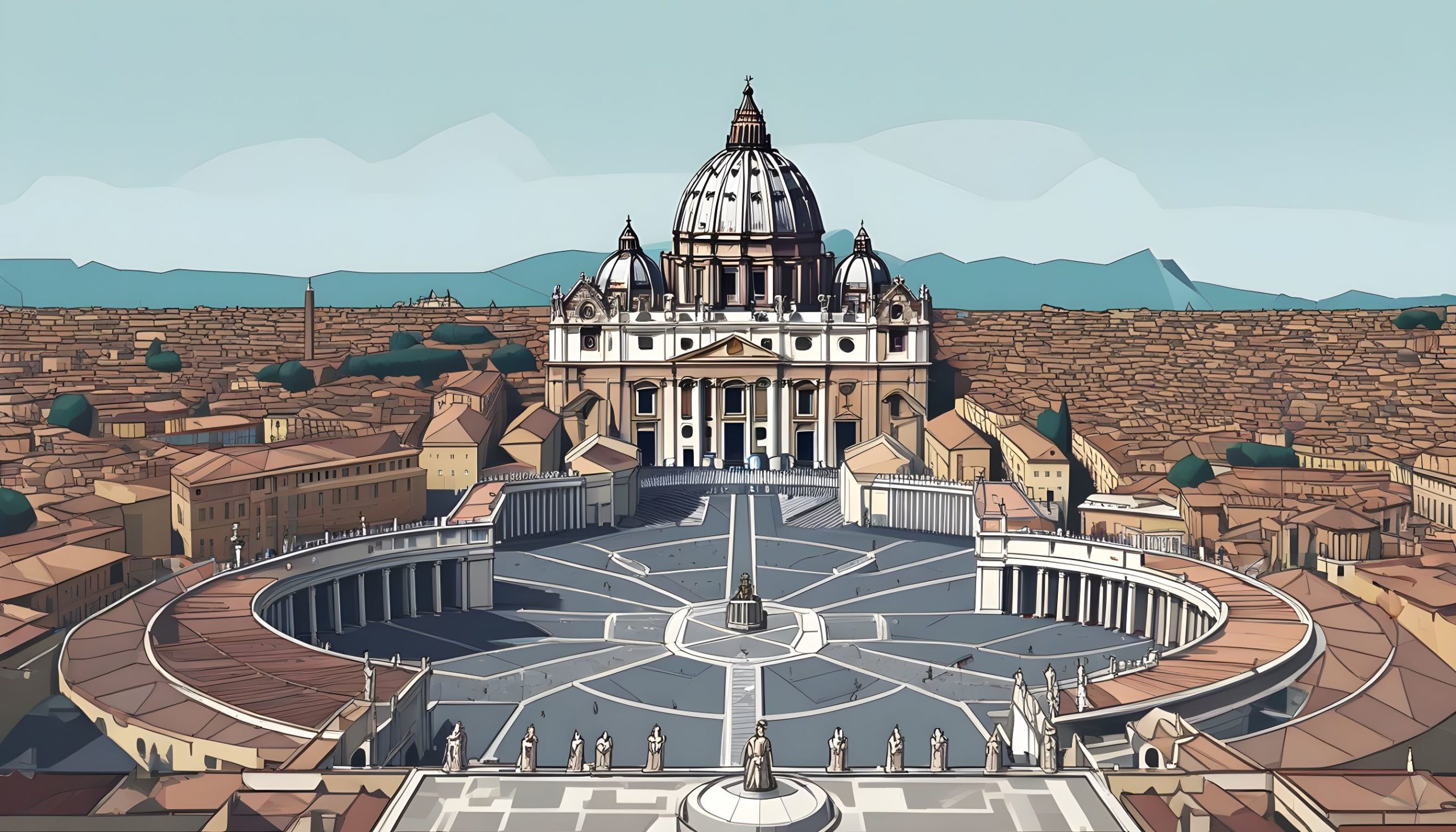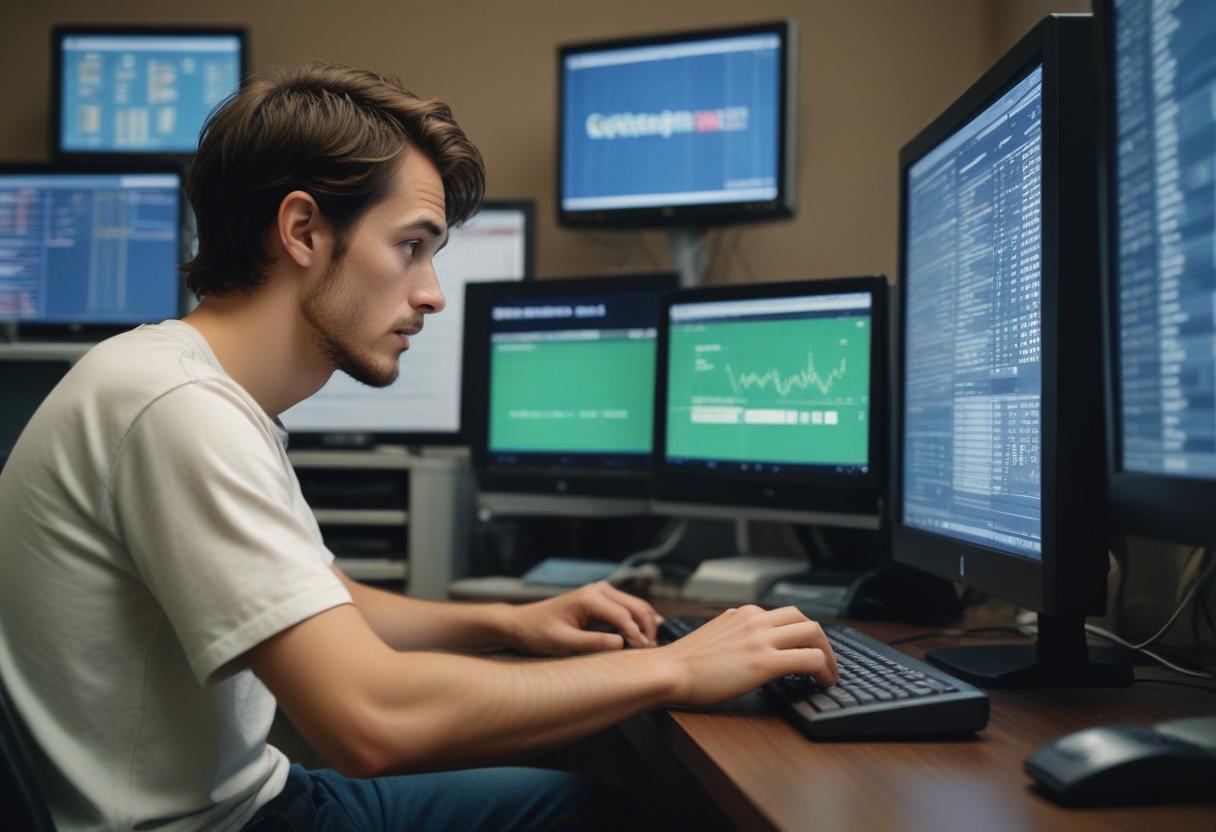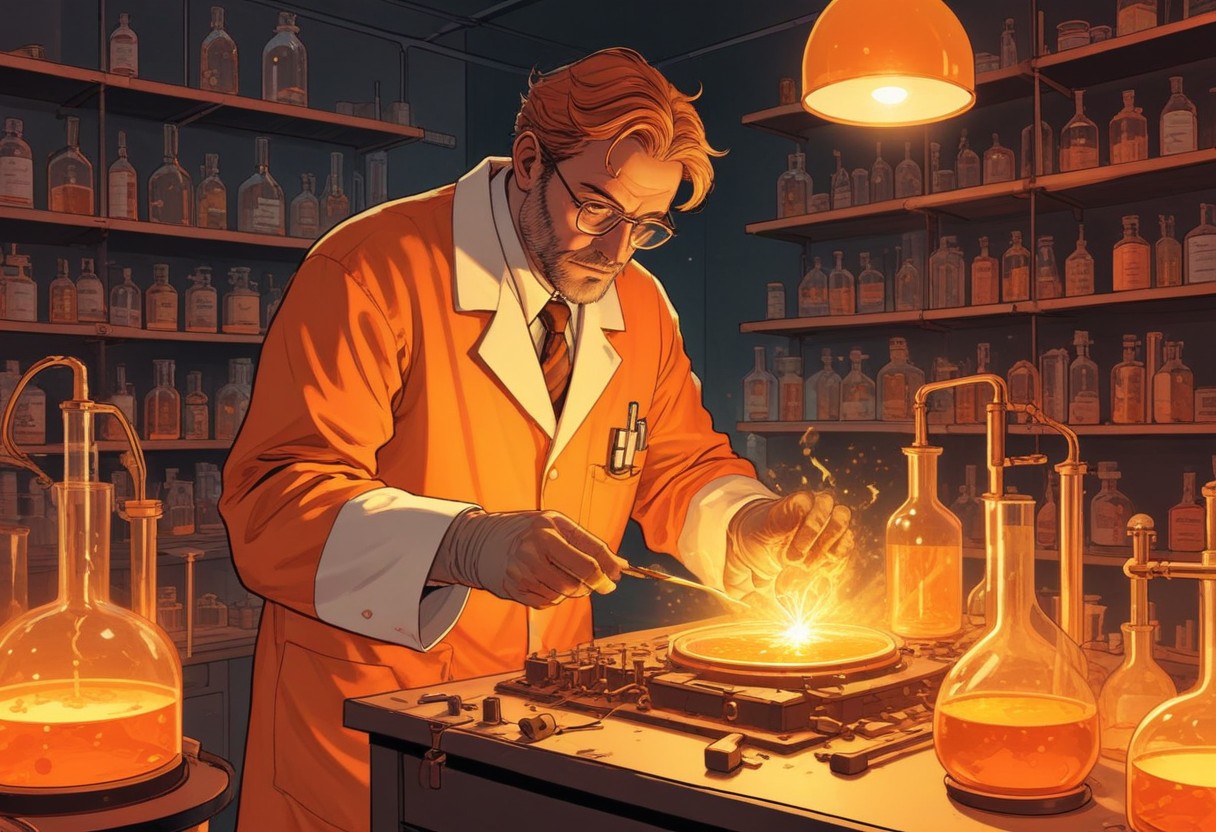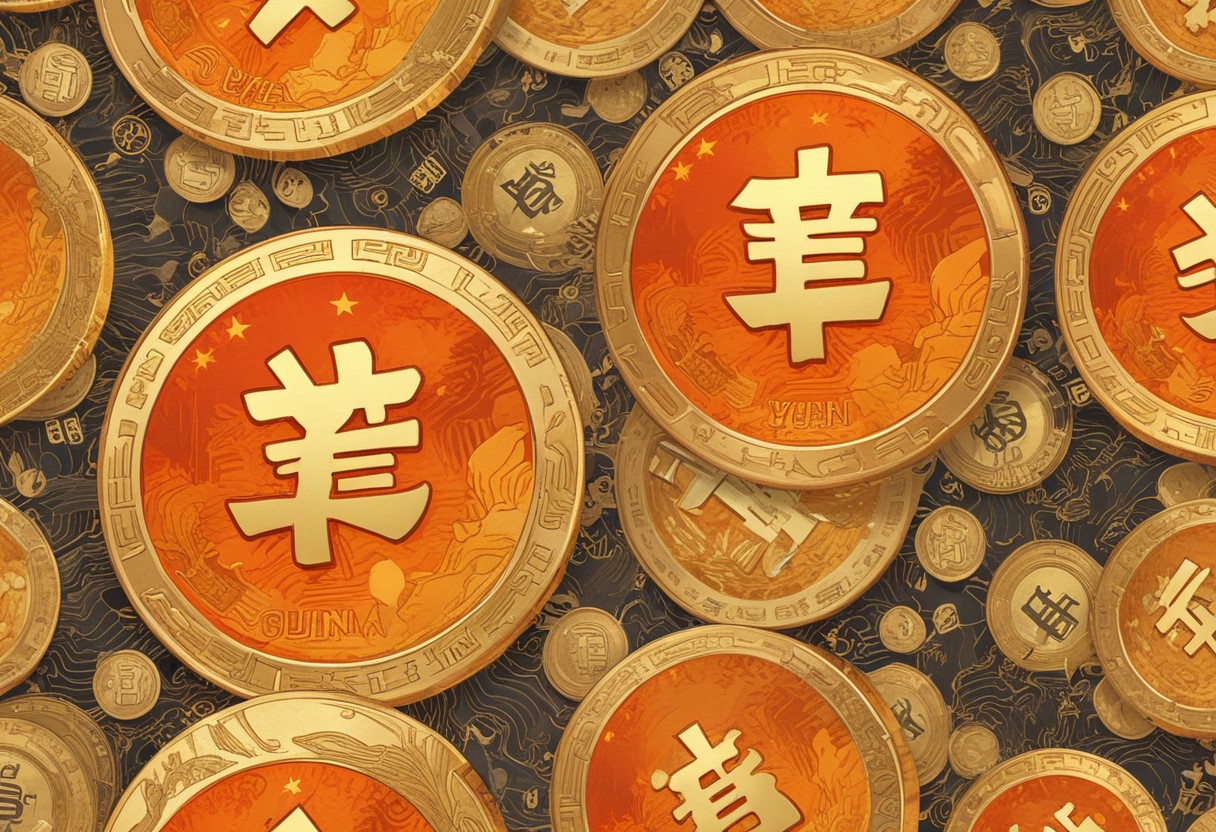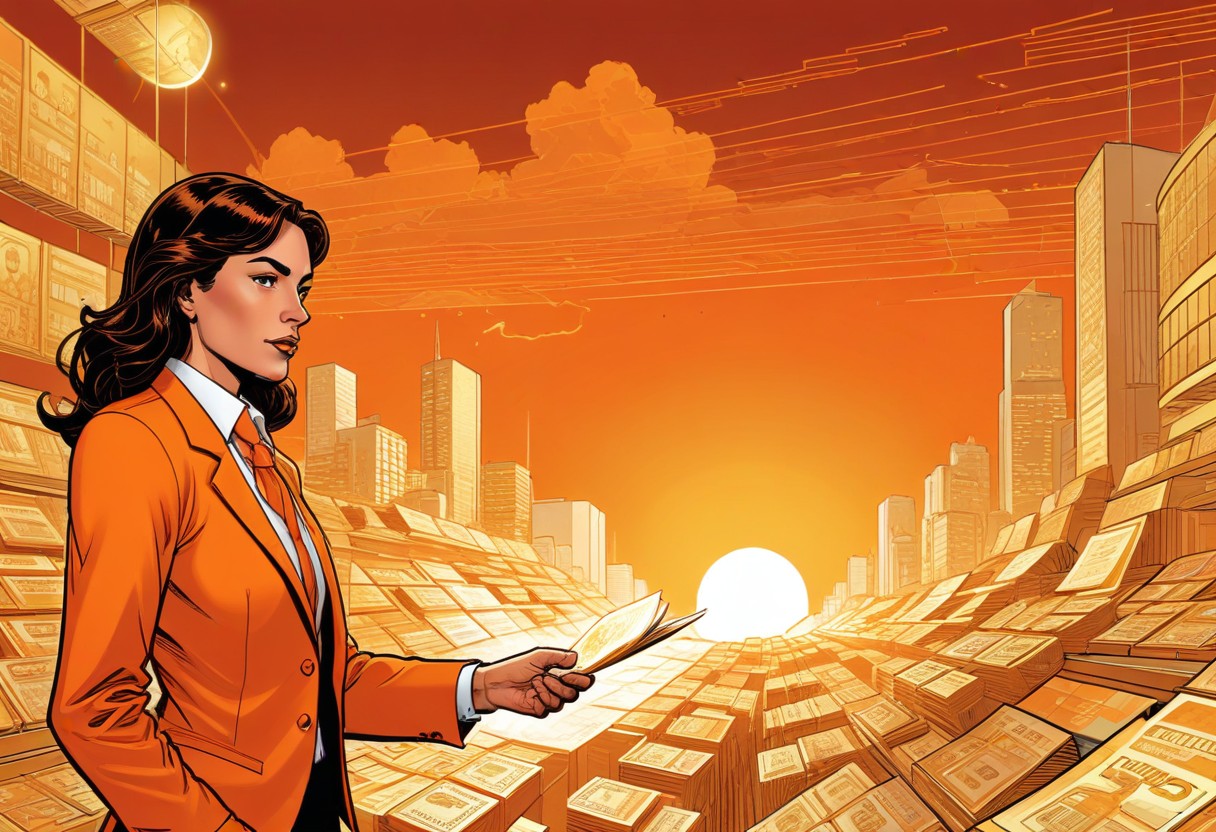Amid the recent frenzy around artificial intelligence, several scientists, tech CEOs, billionaires, and lawmakers have raised concerns about the tech. Surprisingly, the Pope is one of the latest to join the conversation.
A few weeks ago, the leader of the Catholic Church Pope Francis cautioned about the potential threats posed by AI to humanity. In the substantial letter spanning 3,412 words, he outlined measures that must be taken to regulate AI.
Pope Francis advocates for the establishment of an international treaty to oversee the ethical development and utilization of artificial intelligence (AI). Without such regulation, there is a concern that we may descend into the perils of a “technological dictatorship.”
“I urge the global community of nations to work together in order to adopt a binding international treaty that regulates the development and use of artificial intelligence in its many forms.”
The Pope explained that the peril of AI emerges when developers prioritize a “desire for profit or thirst for power” over the fundamental human desire for a free and peaceful existence.
“The inherent dignity of each human […] must undergird the development of new technologies and serve as indisputable criteria for evaluating them […] so that digital progress can occur with due respect for justice and contribute to the cause of peace.”
He added that technologies failing to address these concerns “aggravate inequalities and conflicts,” making them ineligible to be considered genuine progress.
Meanwhile, the Pope emphasized that the rise of AI-generated fake news constitutes a “significant problem,” potentially fueling increased distrust in the media. In a notable incident, the Pope himself fell victim to generative AI when a viral fake image portrayed him wearing a high-end white puffer jacket in March.
Pope Francis, nonetheless, recognized the positive aspects of AI, citing its role in enhancing manufacturing efficiency, simplifying transportation, facilitating accessible markets, and revolutionizing data accumulation, organization, and verification processes.
However, he expresses apprehension that AI could disproportionately benefit those in control, potentially resulting in a significant portion of the population being left unemployed and struggling to sustain a livelihood.
“There is the substantial risk of disproportionate benefit for the few at the price of the impoverishment of many.”
For quite some time, Pope Francis has cautioned against the inappropriate use of emerging technologies, emphasizing the necessity to incorporate “both theoretical and practical moral principles” into their development. Nevertheless, he is frequently perceived as more technologically adept and forward-thinking compared to his predecessors.
Pope Francis’ recent statements follow a year of global concerns and outcry from various quarters about the potential hazards posed by AI.
Tech figures like Elon Musk, CEO of Tesla, Vitalik Buterin, Ethereum’s co-founder, and Steve Wozniak, co-founder of Apple, have voiced apprehensions about the swift progress of artificial intelligence (AI). This concern led them, along with over 2,600 tech leaders and researchers, to endorse a petition in March 2023, urging a temporary halt to AI advancements. They expressed worries that AI surpassing the capabilities of GPT-4 could present “profound risks to society and humanity.”
President Joe Biden of the United States has conveyed his worries as well. In late October, his administration issued an executive order focusing on the “safe, secure, and trustworthy development and use of artificial intelligence” to tackle the risks associated with AI.
Even Hollywood filmmakers and celebrities are contributing their perspectives to the matter. According to reports in July, Canadian filmmaker James Cameron revealed that he has been cautioning about the perils of AI since he directed The Terminator almost 40 years ago.
”I warned you guys in 1984 and you didn’t listen,” Cameron told CTV News.
“I think the weaponization of AI is the biggest danger […] I think that we will get into the equivalent of a nuclear arms race with AI, and if we don’t build it, the other guys are for sure going to build it, and so then it’ll escalate,” he added.




